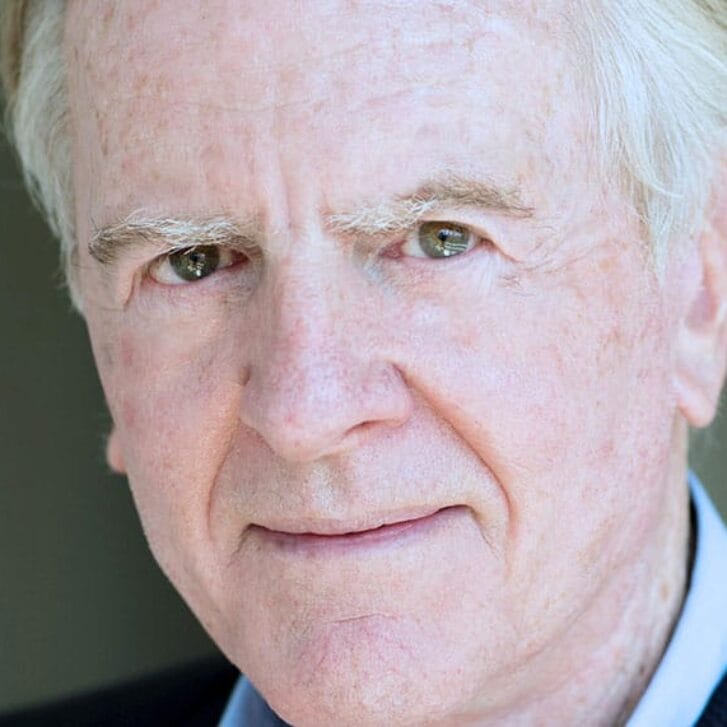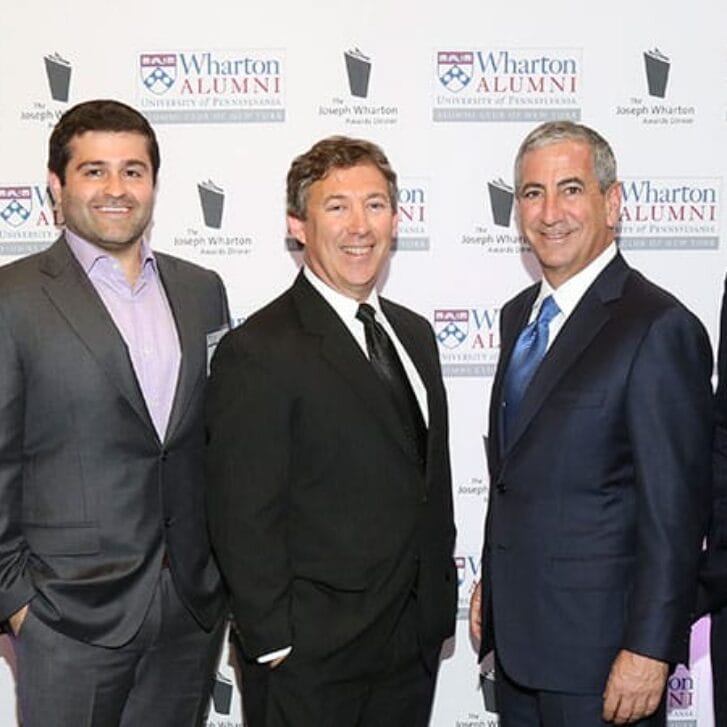A September 2011 LinkedIn study reported the top entrepreneurial majors in ascending order as Electrical Engineering, Physics, Computer Science, Computer Engineering and Entrepreneurship.
In Silicon Valley, the connection between technical majors and entrepreneurship is no surprise. If you can build a good product, you can start company. An Entrepreneurship major on the other hand begs the question: Can you learn how to be a founder? While the LinkedIn piece does not provide information on the success of entrepreneurship to one’s educational focus, aspiring entrepreneurs might wonder if an Entrepreneurship major or even an MBA is the way to go.
While a technical degree is useful, a successful entrepreneur who can grow a company from startup to industry change agent requires a diverse set of advanced skills, knowledge and relationships. And you don’t need to go to business school to understand that entrepreneurship is hard.
As Elon Musk put it, “Starting a company is a very tough thing. There’s a friend of mine, Bill Lee, whose phrase is, ‘Starting a company is like staring into the abyss and eating glass.’”
Place to Find Community
Yet this is where community is critical. For a path so unpaved, you need peers to relate to and advisors to mentor you.
Stephen Cohen, co-founder of the technology data company Palantir, shared in an Entrepreneurship Leadership lecture how a ”people alone” strategy doesn’t work.
“If you take the pro-networking argument to the extreme of just finding the most brilliant people. If you’re lucky you’ll get in front of them and talk to them,” he said, “Your best case scenario is kind of having a shallow interaction with them where nothing truly substantive can come about from it.”
Cohen’s advice to connect with brilliant people is to focus on the ideas, products and things that you are deeply passionate about and that can change the world.
Managing Chaos
Eric Ries, author of Lean Startup, has said that we tend to have divergent views of entrepreneurship and management, with the former perception as cool and innovative while the latter as boring and dull. In actual fact, entrepreneurship is a kind of management.
Stephen Greer, an entrepreneur who created a $250 million business out of scrap metals, wrote this about his Harvard Business School degree: “If I’d understood the use and importance of financial and inventory controls, I could have prevented millions of dollars in fraud.”
In short, he would have been a better manager.
I believe that while you cannot teach heart and grit—the ability to eat glass and look into the abyss—you can teach the brain to plan and manage well. It is these skills we learned at Wharton and that continue to develop as Wharton alumni.
More Than Networking
With this in mind, I plan to participate in the Third Annual Entrepreneurs Summit, organized by Wharton alumni, promoted by the Wharton Club of Northern California, and designed to facilitate introductions and provide education for serious entrepreneurs, leaders from fast growth companies, investors, advisers and corporate partners exploring opportunities in growth markets. The Entrepreneurs Summit is more than a networking event. This year, we invited subject-matter experts to talk about new ideas in massive growth markets such as big data, robotics, artificial intelligence, augmented/virtual reality, industrial Internet, Internet of Things and personalized medicine.
This year, the summit, designed and produced by Michael Fernandez W91, founder of Summit Pioneer, will be hosted Nov. 12 in Palo Alto, California. We will aim to foster community but it will limit attendees to about 100 professionals to ensure the right mix of participants and a high level of passion. As in previous years, we expect the conversations to last beyond the sessions. We also expect the connections and impact made there to be far deeper than one-time interactions.
In fact, one of the summit’s main initiatives is to serve as the launching pad for Wharton Angels SF/Silicon Valley, where angel investors will get together annually to discuss the important entrepreneurial trends and investment opportunities.
This year, we will be hosting workshops with topics like how to launch and divide equity among founders, how to protect your intellectual property and how to manage the exit. Fireside chats with entrepreneurs and investors sharing their stories adds flavor to our collaborative process.
It will be like learning in a Wharton classroom again—which is to say, learning from the best and from your brightest peers.


























